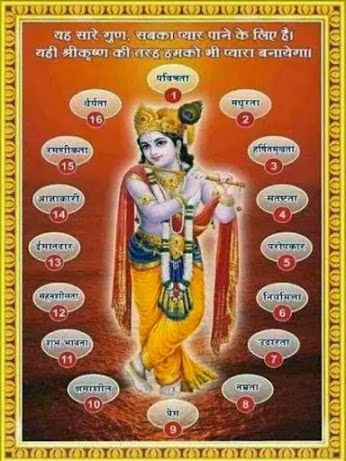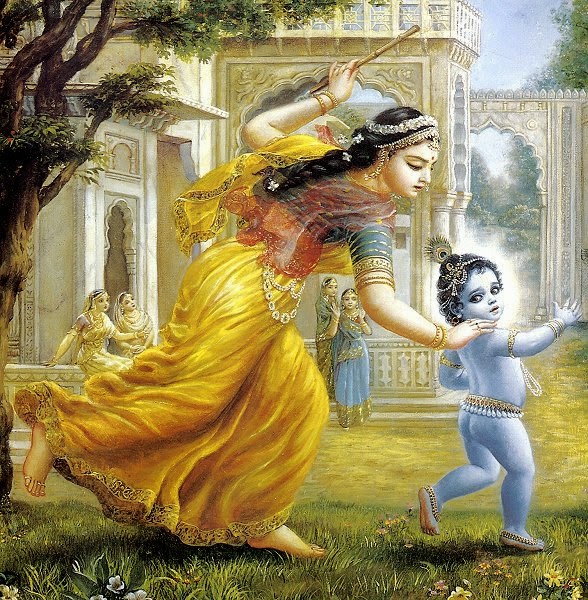Srimad Bhagavatham : 6.2.24 & 25.

Skandham-6. Chapter-2. Slokam : 24, 25. Slokam-24. ajamilo ’py athakarnya dutanam yama-krishnayoh dharmam bhagavatam suddham trai-vedyam ca gunasrayam. ajamilah = Ajamila; api = also; atha = thereafter; akarnya = hearing; dutanam = of the order carriers; yama krishnayoh = of Yamaraja and Lord Krishna; dharmam = actual religious principles; bhagavatam = as described in Srimad-Bhagavatam, or concerning the relationship between the living being and the Supreme Personality of Godhead; suddham = pure; trai-vedyam = mentioned in three Vedas; ca = also; guna-asrayam = material religion, under the modes of material nature; Slokam-25. bhaktiman bhagavaty asu mahatmya-sravanad dhareh, anutapo mahan asit smarato subham atmanah. bhakti-man = a pure devotee (cleansed of the modes of material nature); bhagavati -unto the Supreme Personality of Godhead; asu = immediately; mahatmya = gl


.jpg)
.jpg)


.jpg)




.jpg)
